Why am I afraid of fasting?
In a couple of days it will be Ash Wednesday. Don E. Saliers writes,
“Lent is a double journey — a journey together (and alone) toward the mystery of God’s redemptive embrace in the death and resurrection of Christ. At the same time, it is a journey into the depths of our humanity.”
Humanity — Mortality and Morality.
Each of us. Humans. Every human. Lives are spent wrestling with questions and decision impacting mortality. Consumed by the necessary functions and provisions to live we are always glancing forward to the day of our death in a perpetual, subliminal, existential crisis that undermines every drive-thru choice, Google Calendar invite, page turned, word spoken, card swiped, and cursor clicked.
Along the journey from crib to grave we are confronted every moment by our moral culpability. Humanity tends to view morality in a positive light — through the lens of Hagel’s dialectic we move upward and onward synthesizing suffering and hope always progressing. Unfortunately, our moral compasses are not innately drawn North. Fluctuating wildly between poles we are confronted as quickly as the synapses in our brains fire with the depth of our depravity. Humans want to be idealistic optimists but if we examine ourselves, truly, we are forced to see the reality of our human condition.
Broken. Vengeful. Dishonest. Violent. Liar. Selfish. Proud. Arrogant. Duplicitous. Addict. Racist. Masked. Failure. Afraid.
I love Lent — the somber melodies, assumed pessimism, and dissonant chords of Passion and Resurrection, law and gospel, sin and forgiveness, captivity and redemption. I expect to confront my corruption during Lent, knowing fully it is a time of repentance and reflection on the sacrifice of the Lamb of God necessitated by me. By you. By all of us. Humans.
I was not expecting to be confronted by fear. More specifically, fear of the appropriate and historical practice of fasting during the Lenten season. Before I left the house this morning I grabbed a couple of books to help me prepare worship services for Ash Wednesday as well as the entire season of Lent. In one of these books, Living the Christian Year author Bobby Gross presents fasting as an expression of repentance and inhabiting the season by connecting the discipline with human mortality and moral culpability. Fasting forces us to push pause on feeds, chats, and timelines. It provides opportunity for us to demand dedicated space for prayer and meditation to ultimately mediating reflection of our mortality. Mortal sacrifice draws the physical and spiritual dichotomy of our human nature together like a contemplative magnet. Fasting forces us into a posture of humility. [The] spiritual humility of prayer, the moral humility of repentance and, vicariously, the sacrificial humility of Christ himself.
I have fasted before. Not frequently but on occasion. Yet, I have never felt visceral fear like I did today as I considered including it as part of my pilgrimage through this year’s Lenten season. Why am I afraid of fasting? No idea. I can’t determine the root of my hesitation — can’t put my finger on the trigger for this feeling. Like a magnet, on the one hand I am drawn to it. I desire to fast. But I am also repelled because of fear. Do I fear the sacrifice? Is it that I don’t really want to give something up? Am I afraid of the vulnerability associated with spiritual disciplines like fasting? Is it because I might be confronted by something in myself? Confronted by God? Honestly, I’m not sure. But I am afraid.
I am human. I suppose that’s my answer. Like every other human I am afraid of my mortality. I am afraid of my moral culpability. I suppose I must also embrace my fear, trusting in the mystery of God’s redemptive embrace in the death and resurrection of Christ. Such is the journey of Lent.
